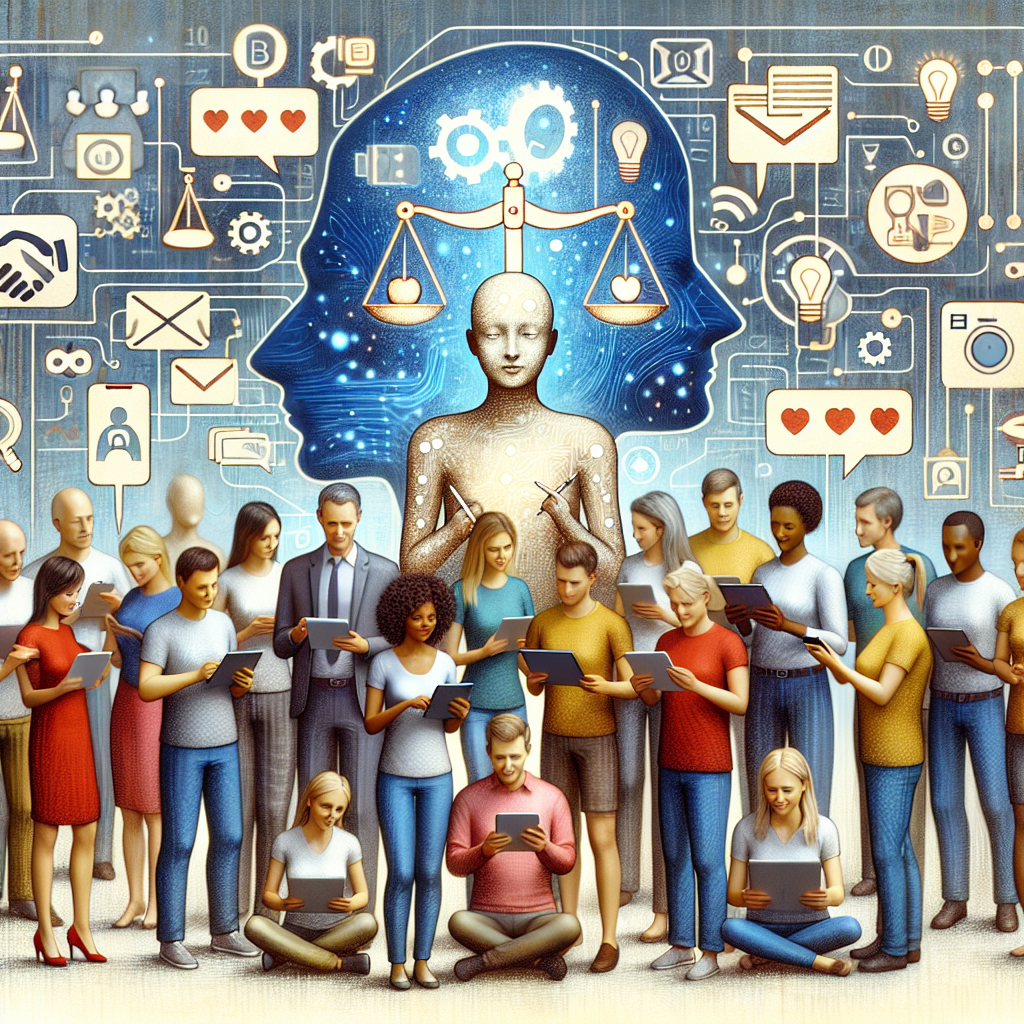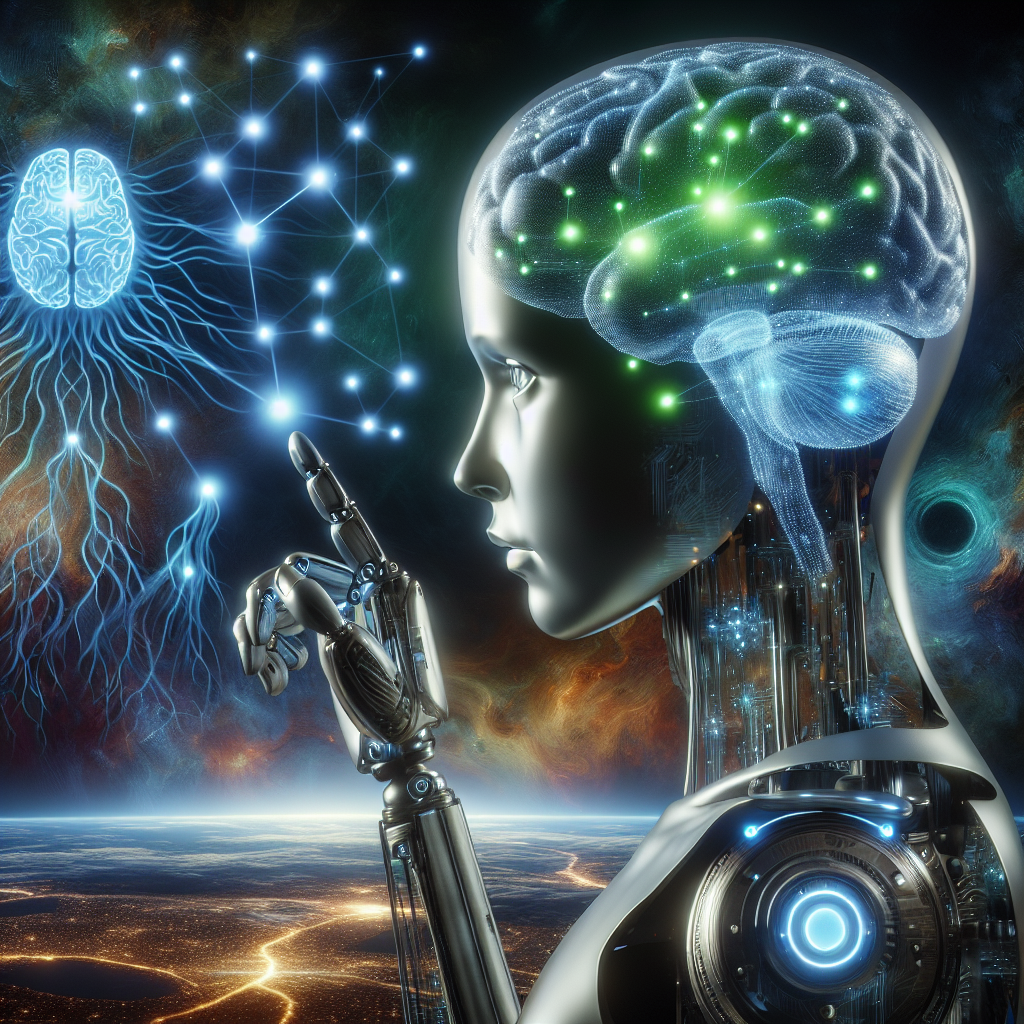The technology landscape is poised for another significant shift as OpenAI, the San Francisco-based artificial intelligence research lab known for its groundbreaking advancements, nears the release of its latest generative pre-trained transformer, GPT-5. This development marks a potential leap forward in the capabilities of AI language models, underscoring the rapid pace of innovation in the field.
Since the debut of GPT-3 in 2020, OpenAI’s sophisticated language models have driven a surge in AI applications across various sectors, from automating routine tasks to enhancing customer service interactions. The forthcoming GPT-5 aims to expand on these applications, promising improvements in accuracy, responsiveness, and the nuanced understanding of human language.
The anticipation around GPT-5 stems not only from its potential as a more powerful version of its predecessors but also from its expected impact on AI ethics and safety protocols. In an era where digital misinformation and the ethical use of technology pose significant challenges, the release of such advanced AI tools comes with a heightened sense of responsibility.
Experts speculate that GPT-5 could set new benchmarks in AI’s ability to generate human-like text, pushing the boundaries of what machines can achieve in creative and professional settings. This has significant implications for industries reliant on content generation, analytics, coding, and even artistic endeavors, offering tools that could augment human capabilities and streamline complex processes.
However, alongside enthusiasm for technological progression, there emerges a parallel discourse on the imperatives of governance and oversight. The integration of GPT-5 into societal frameworks necessitates robust mechanisms to ensure these tools are used ethically and do not exacerbate issues like privacy invasion, digital manipulation, or the widening of socio-economic divides.
As reported by the Economic Times in their article “OpenAI’s Long-Awaited GPT-5 Model Nears Release,” the launch of GPT-5 is not just a milestone for OpenAI but a pivotal moment for the broader tech community and its stakeholders. The development is keenly watched by everyone from policymakers and business leaders to academic institutions and civil society, reflecting the widespread recognition of AI’s transformative potential alongside its challenges.
In conclusion, the impending release of OpenAI’s GPT-5 underscores a critical juncture in the journey of AI development. It encapsulates the dual themes of innovation and responsibility that define the current era of technology. As we stand on the cusp of these advancements, the global community must engage in thoughtful dialogue and action to harness the benefits of AI while safeguarding against its risks, ensuring that technology serves the greater good.



